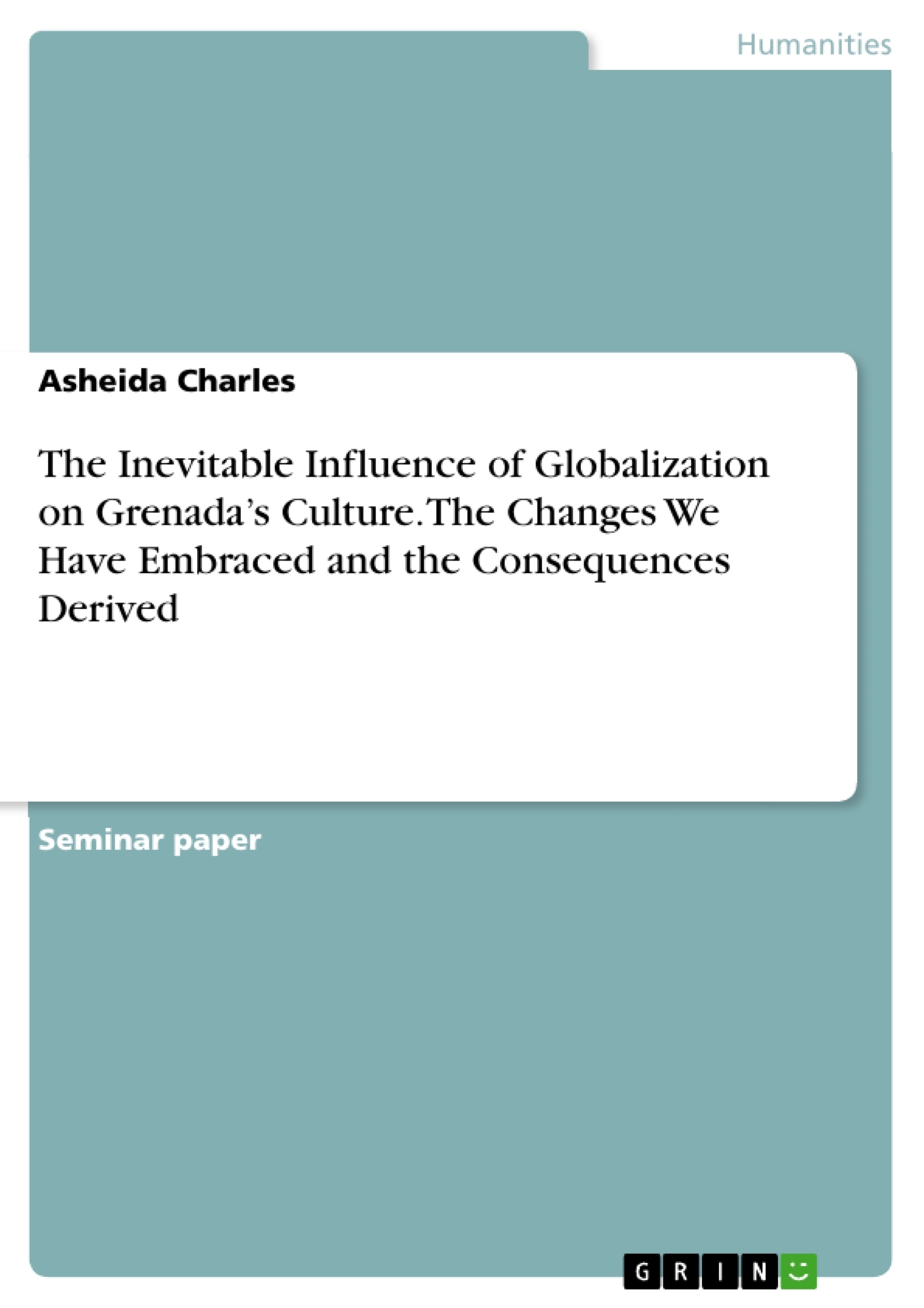Introduction
In 1964 famed communication scholar and theorist Marshall McLuhan coined the term ‘global village’ in reference to the world and its evolving transformation. The term has since been widely used in media, communication, and culture research studies. McLuhan used the term to “describe the world that has been “shrunk” by modern advances in communications, he compared the vast network of communications systems to one extended central nervous system ultimately linking everyone in the world” (The American Heritage, 2005).
It is on this premise that globalization has been revolutionized. Globalization is not a new concept but has changed drastically as a result of advanced communication and information technologies creating border less landscapes politically, economically, socially, and culturally. Globalization is not universally defined, as it is understood from varying perspectives and academic disciplines. Jones M. Jaja (2010) suggests that “globalization is the aspiration to integrate all the societies in the world, all the societies on the globe” (p.115). Jaja (2010) further concludes that globalization and Americanization, although share the similarity of homogenizing the globe, they are not the same; “Americanization of the globe is the worldwide spread and dominance of American influence and culture” (p.117).
This conclusion clearly speaks to the cultural environment in Grenada which is highly influenced by American culture. This paper focuses on the influences globalization has on Grenada’s culture, it also looks at globalization and culture as an inseparable unit and highlights the cultural changes and consequences of globalization on the island of Grenada.
Grenada is a small tri-island state located between the Atlantic Ocean and the Caribbean Sea, it houses a population of just about 110, 152 people (Central Intelligence Agency, 2015). It is a developing country which depends on tourism and agricultural as the main contributors to its economy. Grenada’s culture resembles patterns of American way of life, and those patterns are evident in the food, music, language, and mode of dress, all of which forms part of our cultural identity. Grenada’s participation in this globalized world came without debate or questions, fragments of globalization were everywhere; in the media, at home, at schools, work places, hospitals and at church. It was a matter of accepting of risk being marginalized.
Like globalization, culture by definition is not unanimously accepted, it “is a notoriously difficult term to define” (Spencer-Oatey, 2012, p.1). This paper employs the definition by Ember and Ember (2011) that “culture is the set of learned behaviors and ideas (including beliefs, attitudes, values, and ideals) that are characteristics of a particular society or other social group” (p.16). These scholars emphasize that culture is generally shared, but noted that culture is also learned.



